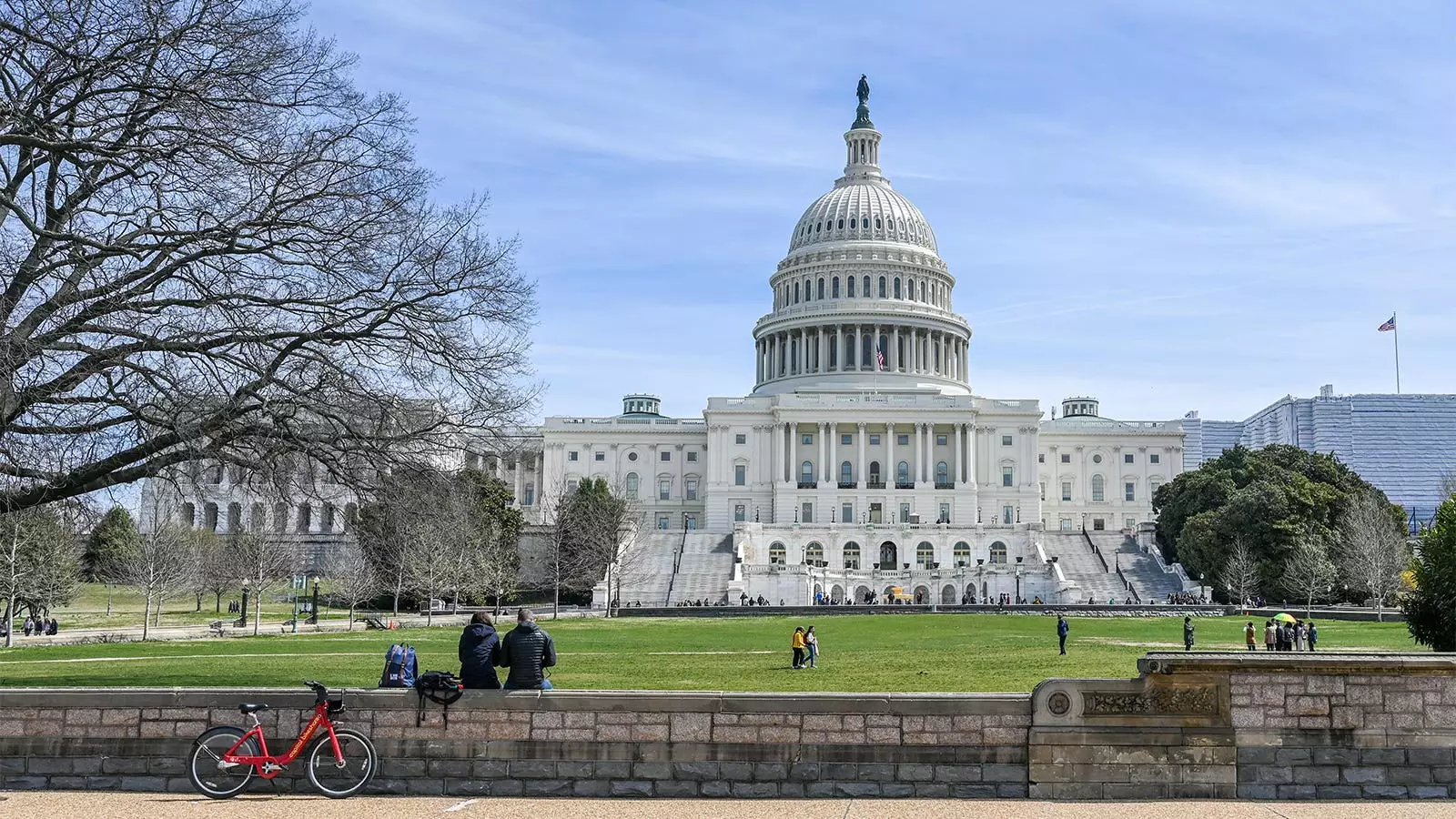The recent elections did not solely revolve around the presidential race; they also highlighted important changes within the U.S. House of Representatives, specifically concerning the impact of healthcare professionals, many of whom were running for office. This analysis seeks to dissect the outcomes of these electoral contests, focusing on candidates with medical backgrounds and the significance of their victories or defeats to healthcare policy.
The participation of healthcare professionals in political races reflects a growing trend where individuals with medical backgrounds recognize the importance of political engagement in shaping health policy. The elections revealed an interesting dynamic; while several healthcare-affiliated candidates emerged victorious, others faced significant challenges against incumbents. This showcases the complex landscape of American political races where healthcare expertise does not always guarantee success.
For instance, in Arizona’s District 1, the race remained fiercely competitive as Republican incumbent David Schweikert led the Democratic challenger, emergency physician Amish Shah, by a narrow margin. With only around 60% of the votes counted, the election highlighted how closely contested healthcare policies are impacting voter decision-making. This region’s results suggest that while having a healthcare background may resonate with voters, it can also lead to narrow margins against entrenched political figures.
Several healthcare professionals secured their positions against non-medical opponents, emphasizing the growing acceptance of physicians in legislative roles. In Minnesota’s District 3, Dr. Kelly Morrison, an ob/gyn, decisively won against district court judge Tad Jude, signaling that her medical experience likely played a role in garnering voter support. Her victory is a testament to the potential influence that medical professionals bring to the realms of healthcare legislation and policy-making.
Conversely, not all such candidates fared well. Kansas District 3 saw oncologist Prasanth Reddy losing to incumbent Sharice Davids. This defeat raises questions about the extent to which voters prioritize medical expertise over established political experience. In Missouri, however, Dr. Bob Onder triumphed with a significant margin, underscoring that in some districts, having a medical background might still resonate powerfully with constituents.
Several factors contributed to these varied outcomes. The candidates’ ability to effectively communicate their healthcare policies and their understanding of local issues seemed to be crucial. For example, Sheri Biggs, a family and mental health nurse practitioner from South Carolina, achieved a remarkable victory, possibly indicative of voters valuing her firsthand experience in the healthcare system amid ongoing discussions about mental health care reform.
Additionally, the demographics and political leanings of the districts played an equally critical role. Dr. Kristin Lyerly’s defeat in Wisconsin District 8 suggests that even qualified healthcare professionals may struggle against stronger political currents unrelated to healthcare. The intertwining of personal beliefs, party affiliation, and healthcare policy debates paints a complex picture of the electoral process.
The recent elections may signify a turning point in how healthcare professionals view their role within the political sphere. As the House of Representatives sees both the election of new physician members and the departure of some incumbents, the future landscape of healthcare policy may shift significantly. With some doctors like Ami Bera and Scott DesJarlais returning, their experiences and perspectives will continue to influence legislative discussions.
Yet, as certain prominent figures in healthcare prepare to exit, questions arise about the sustainability of having robust representation. Will the younger generation of healthcare professionals step up to fill these gaps? The election outcomes convey an urgency for continuous advocacy and potential involvement from medical professionals to ensure that healthcare is adequately represented in Congress.
The recent elections highlighted a paradoxical situation: while healthcare backgrounds can bolster candidacy, they do not always ensure victory in competitive races. Moving forward, the dialogue surrounding healthcare representation continues to evolve, urging stakeholders to consider both the qualifications and the political strategies of healthcare candidates as they navigate the complex arena of American politics.


Leave a Reply